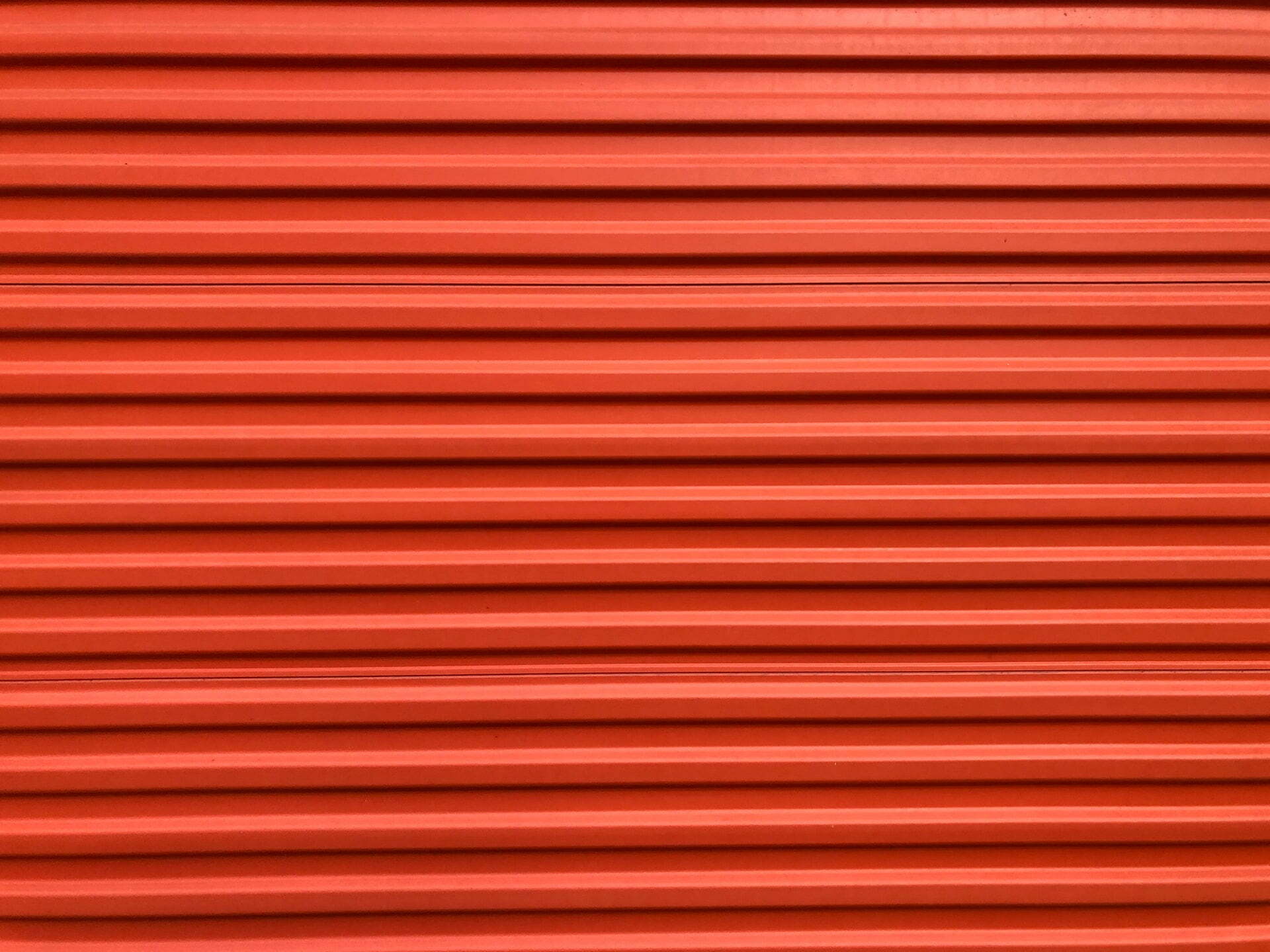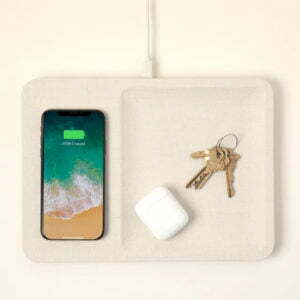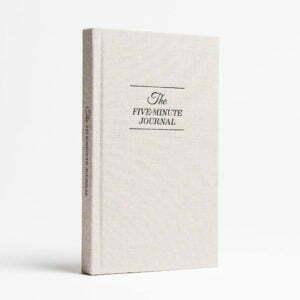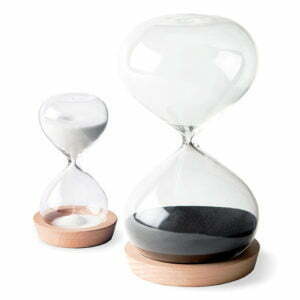A storage unit is a convenient solution if you are moving from one place to another and need a temporary place for your belongings. It’s also a practical solution if your home is undergoing renovations, or if you have simply outgrown the space in your home and need a place for overflow items. Whether you need a storage unit as a short-term or long-term solution, take a look at the steps you should take before renting a storage unit.
1. Consider the location.
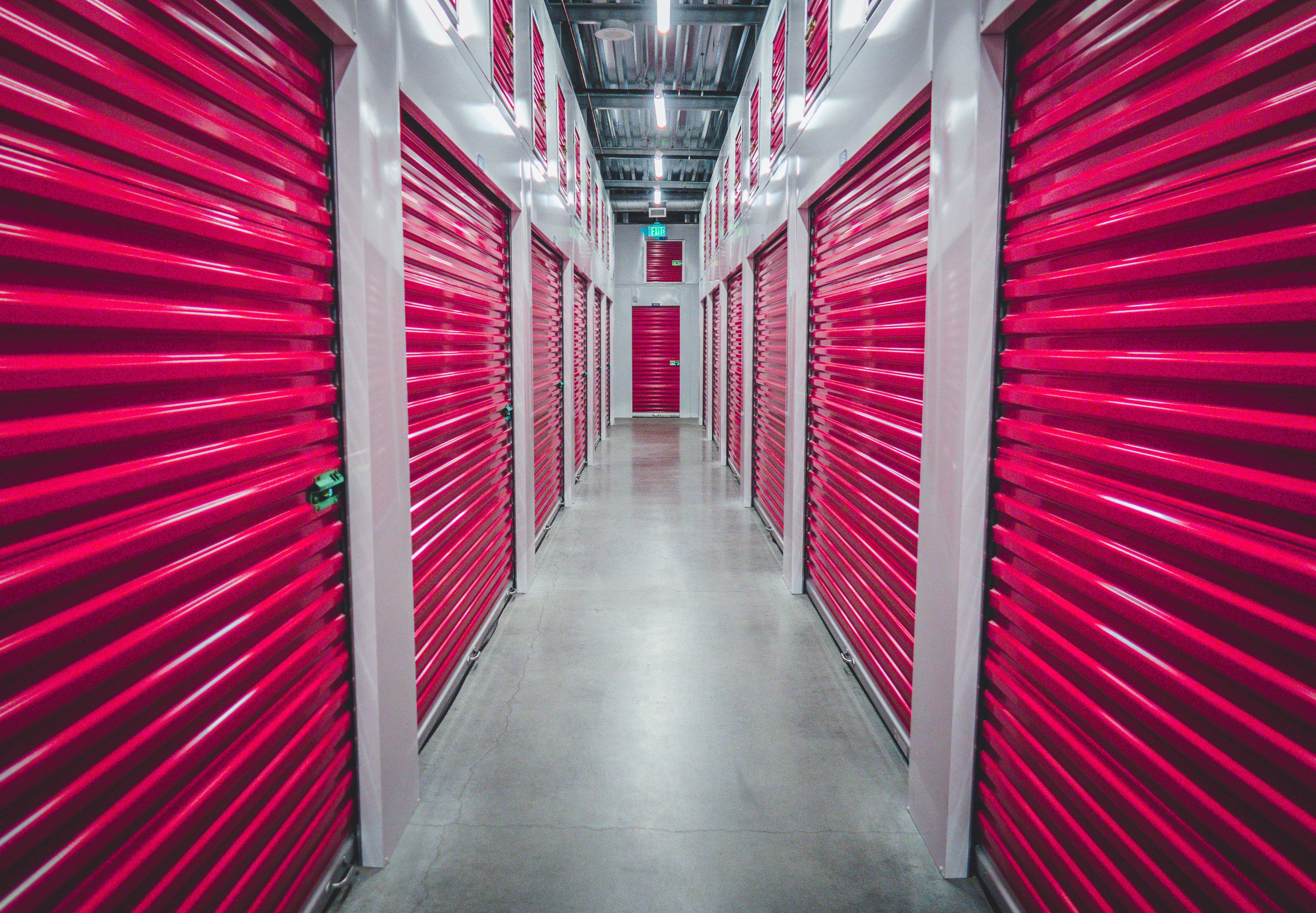
Choose the location of your storage unit wisely. The best price doesn’t necessarily mean the most convenient access, a secure facility, or an ideal neighborhood. Consider how often you need to access your storage unit and shop around storage facilities with location flexibility in mind.
US Self Storage lets you compare actual unit sizes and prices from thousands of self-storage facilities across the United States to find the best price and unit in your area. Simply type in “storage near me,” select the right self-storage unit for your needs, and make a reservation for free without a credit card. New customers can receive a discount on the first month’s rent and take advantage of contactless move-in.
Whether you need a storage location that offers 24-hour access and security features for peace of mind or a climate control storage unit that protects your belongings from humidity and mildew, there is a storage company to meet your needs.
2. Decide what type of storage unit you need.
Get a clear picture of what you need to store and be practical when deciding on the size of the storage unit. You’ll want a unit that comfortably fits your containers or seasonal items while leaving enough wiggle room to maneuver inside the unit. The size of the unit does impact the price of the unit, but you don’t want to pack your storage space so tight that you have to empty the entire unit to access your items.
3. Consider how much access you want.

How often are you planning to drop off or remove items from your storage unit? Opting for a storage facility farther away from the city will save you money, but think about how easy it is to access. It’s practical to choose a storage facility closer to home if you need to access it frequently. Ask the facility manager about customer access hours, especially when it comes to weekends and holidays, and make sure that you can access the storage facility when you need it.
4. Calculate and understand all the costs involved.
Always read the full details of the contract and have a clear understanding of the storage facility’s pricing before signing. Have a clear understanding of the minimum lease length, your exact monthly rental cost, and if these costs are guaranteed for the length of your lease. It’s a good idea to consider some way of insuring the contents of your storage unit. Your homeowner’s or rental insurance may cover your stored belongings but it’s a good idea to double-check your policy before putting anything valuable in storage.
5. Measure your belongings.
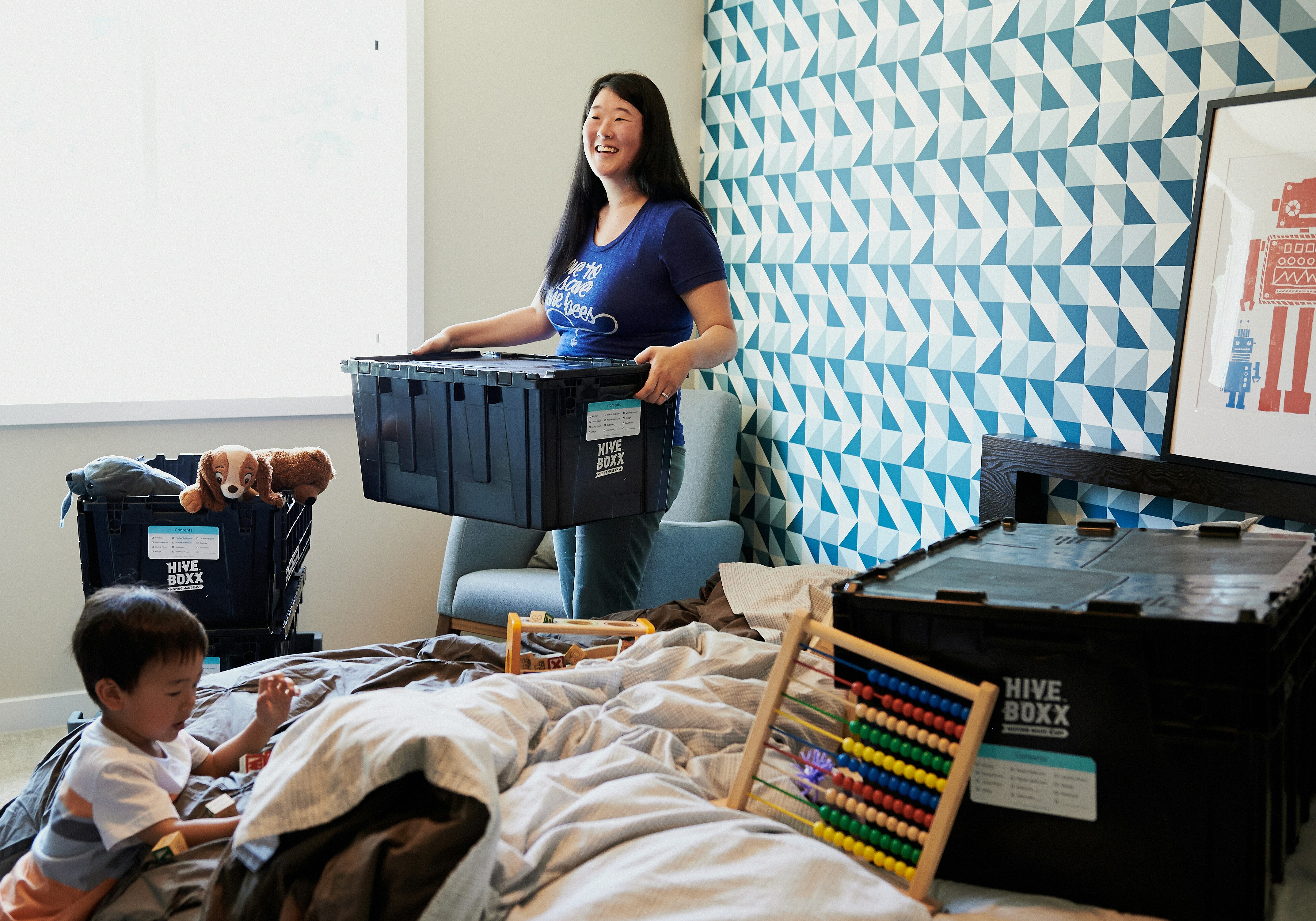
Take measurements of the belongings you want to put in storage and select the smallest storage unit that comfortably meets your needs. Use your storage space wisely by disassembling furniture, keeping everything packed in durable containers, and neatly stacking boxes from floor to ceiling.
Using your storage space wisely also means storing belongings that aren’t broken or in need of repair. Putting a collection of electronic devices with cracked screens or that don’t turn on in a storage unit is a waste of space. The professionals at Tech can help with all of your phone repair, iPhone repair, iPad repair, and tablet repair needs. They offer fast phone repair using quality parts that come with a lifetime warranty and low price guarantee. Whether water damage has rendered the home button of your mobile device useless or an inconvenient crack requires screen repair, get your electronics in working condition with same day service, and don’t waste any additional space in your storage unit.
Before taking a storage unit, consider the location and its accessibility, know what your storage needs are, calculate all of your costs, and be practical about how much storage space you truly need.

